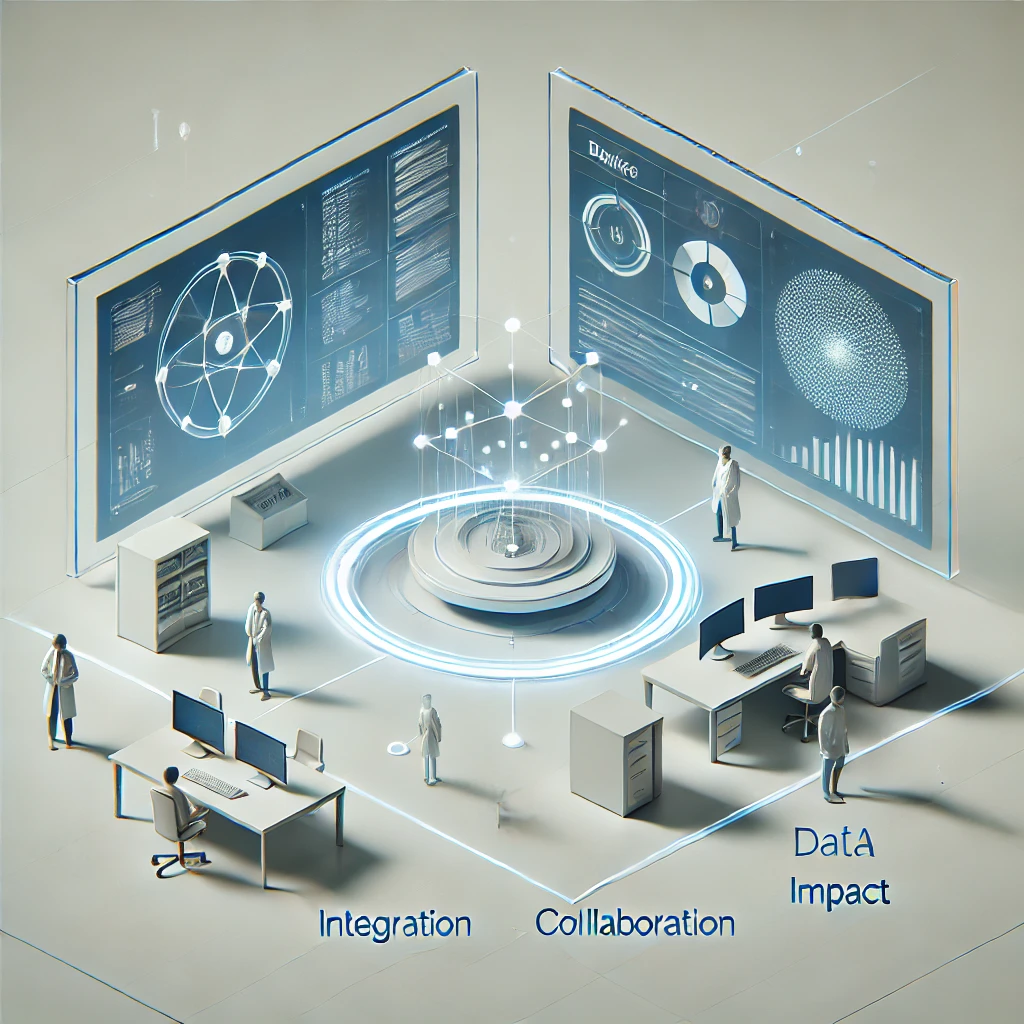The Future of Science: Integration, Collaboration, Data, and Impact

The Future of Science: Integration, Collaboration, Data, and Impact
Science is evolving rapidly, driven by four critical pillars: integration, collaboration, data, and impact. These keywords define the essence of modern scientific progress, shaping how research is conducted and applied.
1. Integration
Integration is revolutionizing research by combining disciplines like genomics, artificial intelligence, and environmental science. This integrated approach creates holistic solutions for challenges like climate change and precision medicine. Integration is the key to unlocking the full potential of multidisciplinary research.
2. Collaboration
Collaboration is at the heart of innovation. By fostering partnerships among researchers worldwide, collaboration breaks down silos and accelerates breakthroughs. With collaboration, scientific networks are expanding, driving creativity and progress.
3. Data
Big data is transforming science. With vast amounts of data available, the ability to analyze and interpret these datasets is critical. From healthcare to astrophysics, data-driven insights are reshaping our understanding of the universe. Data is the cornerstone of modern science.
4. Impact
Scientific impact has never been more important. Research today is focused on creating tangible benefits for society, from life-saving treatments to sustainable technologies. By prioritizing impact, science addresses the world’s most pressing needs.
By emphasizing integration, collaboration, data, and impact, we ensure science remains at the forefront of innovation and societal advancement. These four pillars—integration, collaboration, data, and impact—will continue to shape the future of research.





